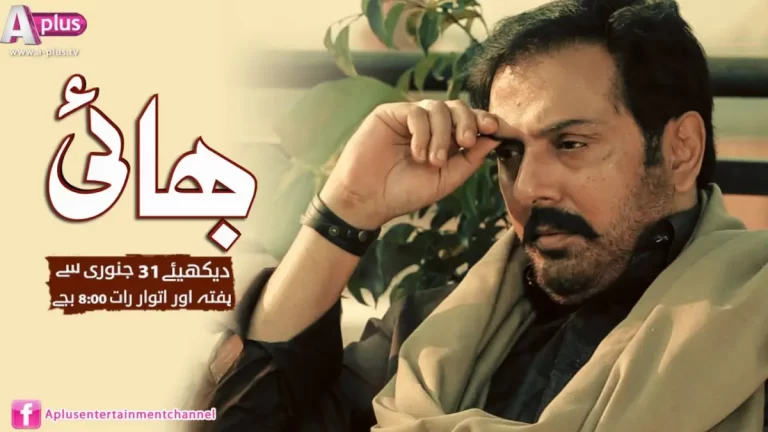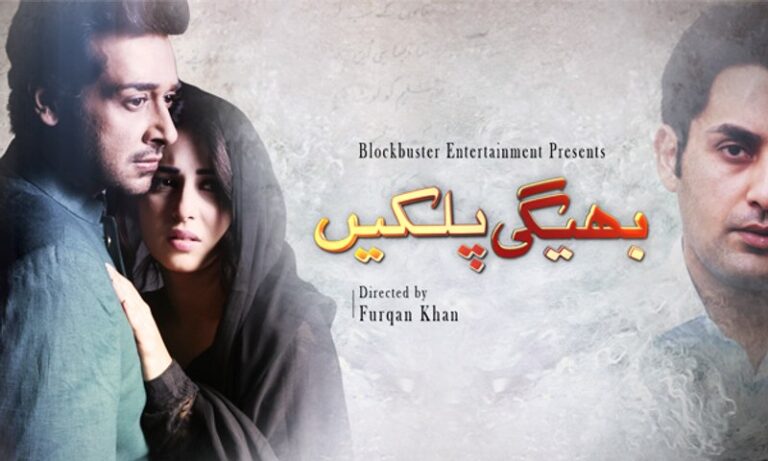Betrayals. Not in big dramatic moments but in the small ways that we hurt at the hands of those of who know us and claim to love us.
Betrayal of trust covered up by a smokescreen and its dreamy wisps, betrayal of feelings in a word game, by footsteps, by wrinkles these and many more sharp and hurtful deceits always by the ones closest to you.
Kuku tries to remain firm in her resolve to end her affair with Mansoor, but Khurram’s selfish and underhanded ways finally break Kuku’s already thin trust and patience. This time more decisively. By bank rolling Khurram’s plans Mansoor knew exactly the gamble he was taking. Khurram played nicely into Mansoors hands only to be shown the door and Kuku is back in his arms. This was probably Mansoor’s game plan all along. Where o where are Mansoor’s redeeming features? His clean shaven appearance in that blue tie, not withstanding.
What would you call the betrayal of the person you love, if he loves someone else? Kuku tries to make things right with Laila, advising her, assuring her (also not charging her!), but she finally asks her too – What if he loves someone else?
Laila who seems to brush this off with empty words – out of the question, he’s not like that, woh bahut mature hain – but was she trying not to betray Mansoor, or was she shielding herself from inevitable heartbreak since she is more than aware of his ‘friend’. She rightly notes ghatte ka sauda kar rahi ho – which has more than one layer of meaning.
Mansoor’s betrayals continue – both big and small. He continues to break her heart and dash her hopes – even the little ones that still rise to the surface – paani ke kinare maat baitha karo, do you have warm clothes, be ready by seven. Laila too, is coming into her own. She has little expectations of Mansoor and accepts his slights.
What has changed is that now, her feelings find words – in her diary, on the scrabble board, in poetry and even in a terse remark to her mother – Mansoor doesn’t care about these things. Harder to admit and voice that he doesn’t care about her – that she has been kept somewhere and forgotten.
Let’s hope she realizes that one should never love anyone who treats you like you are ordinary. Or invisible. How can your heart not break at every little indignity she suffers? Alishba is heartbreak personified.
Mrs Khan – that stoic woman with a no-nonsense attitude was the one that needed comforting of her insecurities today. Though she recognizes tolls of remaining youthful, the wiles of her husband and his hurtful remarks, she still can’t escape the need to be the bani sawri biwi that husbands demand. Although she still has her wits about her to order waffles and coffee served with a side of hot gossip. Keeping up appearances matter and who better to strike that note home than Laila’s forever grooming and well-groomed mother.
Pehchan reminds me a lot of the parallel cinema of the 70s which were about realism and in a way of ordinary people and the pressures of ordinary lives. The visual palette of cold blues and warm ambers, of a remoteness of these characters, withered decay and beautiful backdrops, almost make it feel encased in glass – or really, glass houses.
There is also a quiet, elegant sophistication in its artistic sensibilities with a beautifully thought out wardrobe similar to the saris in traditional handlooms there and styles from ajrak to chikan to jamdhani here which are mercifully free of bling but also make them seem like they are cut off and in a vacuum.
Although, there is something to be said about how wonderfully they seem to capture that vacuum. Empty frames that capture these empty lives. It harks back to a nostalgic world from remote homes on hill tops, to wood paneled interiors, Laila’s fathers robe and fauji speak, her mother’s grooming are all steeped though and through in old world charm and nostalgia.
The very mobile gramophone, fireplaces, hill stations, references to Sophia Loren , Clark Gable, Eva Gardner, and musical nods to Elvis, Dylan also soak up a retro ambience. If it wasn’t for those cellphones, I’d bet this was a couples of decades before.
Parallel cinema, however, played out ordinary lives against a backdrop of political and social angst and critique. This I suppose my one biggest disappointment. I had hoped that in the tradition of Talkhiyan, team Pehchan would bring more of a social and political lens in their work rather than just focus on the personal fires of deceit and disappointment.
Of course, that’s my selfish subjective point of view and minor quibble in a wonderful drama.
MM (aka A musing Muslim)










 Watch our full review on Yo
Watch our full review on Yo




